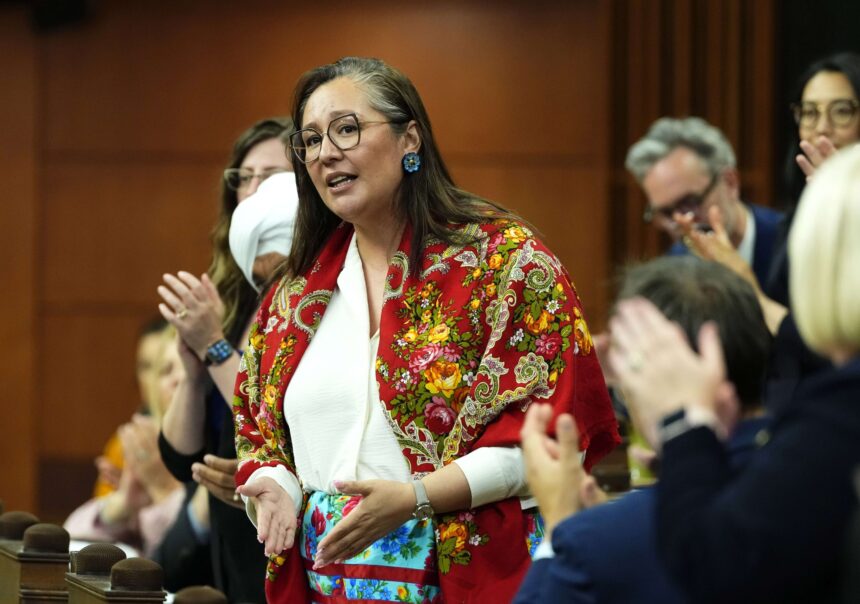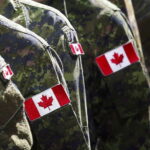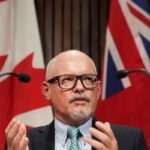In a move that signals a potential constitutional showdown, Indigenous Services Minister Patty Hajdu confirmed yesterday her intention to table legislation this fall guaranteeing clean drinking water for First Nations communities, despite growing resistance from provincial governments. The announcement comes after decades of water advisories have plagued Indigenous communities across Canada, with some lasting generations.
“Access to safe drinking water is a fundamental human right that has been denied to too many First Nations communities for far too long,” Hajdu stated during a press conference in Ottawa. “This legislation will create binding legal frameworks to ensure these communities never again face the systemic neglect we’ve witnessed over the past century.”
The proposed First Nations Clean Water Act would establish federal water quality standards specifically for Indigenous communities, create accountability mechanisms for infrastructure investments, and mandate long-term funding commitments. According to federal documents obtained by CO24 News, the legislation would also formalize Ottawa’s responsibility to address water crises on reserves—something that has often fallen into jurisdictional gaps between federal and provincial authorities.
Several provinces, including Alberta, Saskatchewan, and Ontario, have signaled their opposition to the bill, arguing it infringes on provincial jurisdiction over natural resources. Alberta Premier Danielle Smith has been particularly vocal, stating last week that “Ottawa continues its pattern of constitutional overreach into areas clearly designated as provincial domains.”
Indigenous leaders, however, have broadly welcomed the federal initiative. Assembly of First Nations National Chief RoseAnne Archibald described the legislation as “long overdue” during consultations earlier this year.
“When 73 long-term drinking water advisories remain in effect across First Nations communities, we cannot afford further delays due to jurisdictional squabbling,” said Archibald. “Some of our people have lived their entire lives without being able to drink from their taps.”
The bill follows the federal government’s failure to meet its own 2021 deadline to end all long-term drinking water advisories on First Nations reserves. While 137 advisories have been lifted since 2015, new ones continue to emerge as aging infrastructure deteriorates, according to data from Indigenous Services Canada.
Constitutional experts remain divided on whether the legislation will withstand legal challenges. Professor Karen Drake from Osgoode Hall Law School notes that “while provinces have jurisdiction over water resources generally, the federal government has clear constitutional responsibility for ‘Indians and lands reserved for Indians’ under Section 91 of the Constitution Act.”
The proposed legislation is expected to include provisions for tripartite agreements between federal, provincial, and First Nations governments, though critics question whether provinces opposed to the bill will participate in such frameworks.
Financial analysts estimate implementing the bill could cost upwards of $8 billion over the next decade, raising questions about long-term funding commitments in an era of mounting federal deficits. The Parliamentary Budget Officer is expected to release a detailed costing analysis next month, according to CO24 Business sources.
As Parliament reconvenes in September, the Trudeau government faces the complex challenge of fulfilling its promise to Indigenous communities while navigating constitutional hurdles and provincial opposition. With federal elections on the horizon, the question remains: will this watershed legislation finally resolve Canada’s long-standing failure to provide clean water to First Nations, or will it become another battleground in the ongoing tension between federal ambition and provincial autonomy?
























